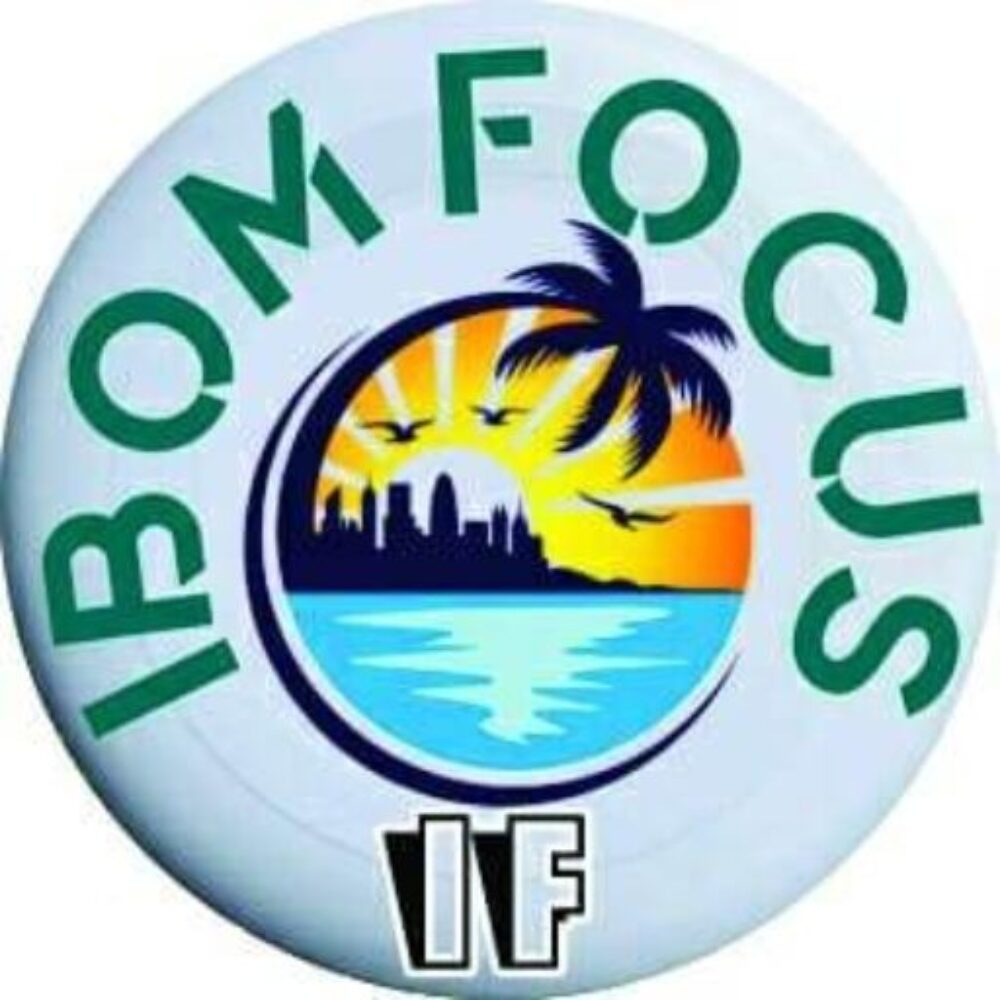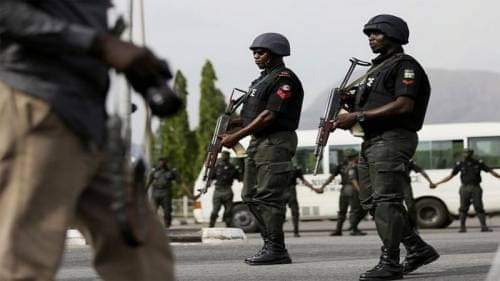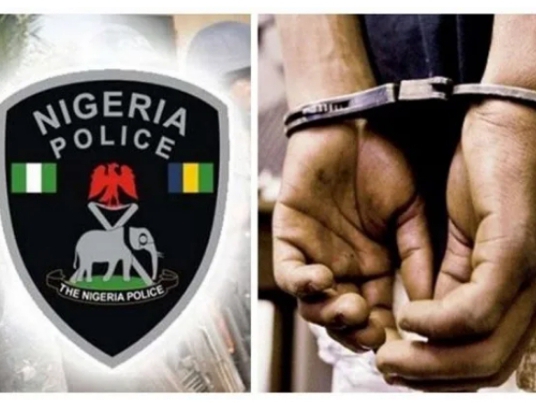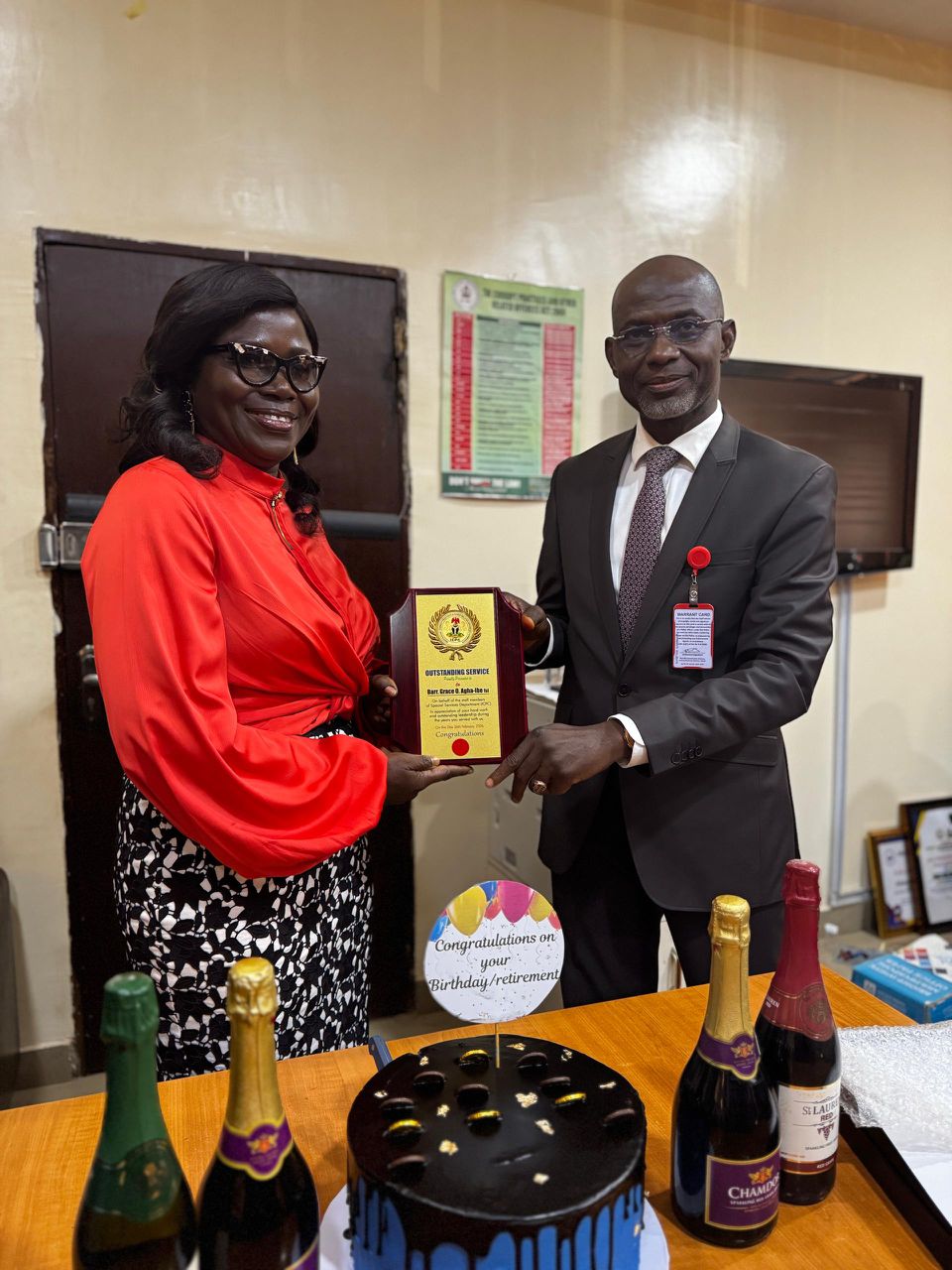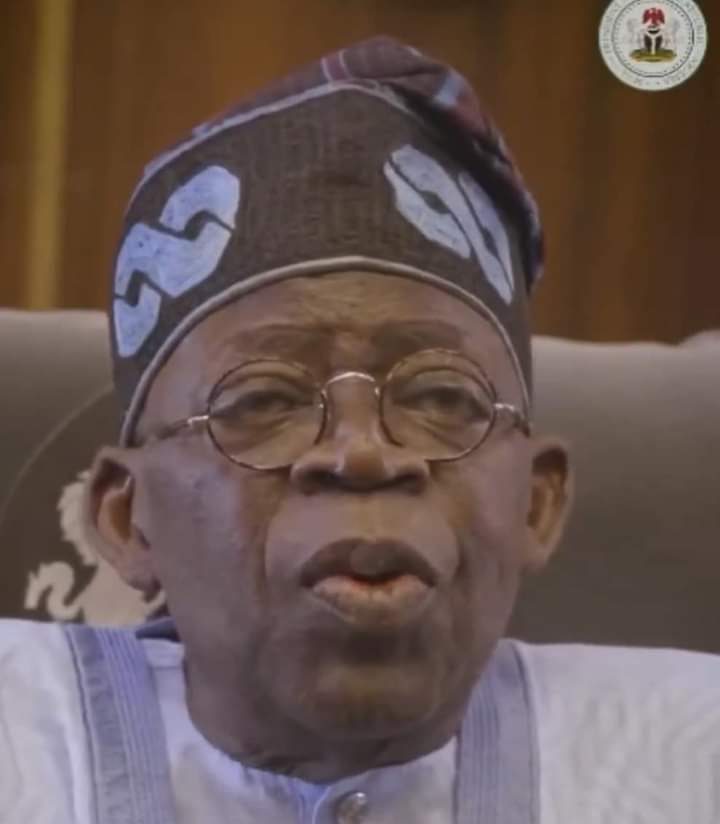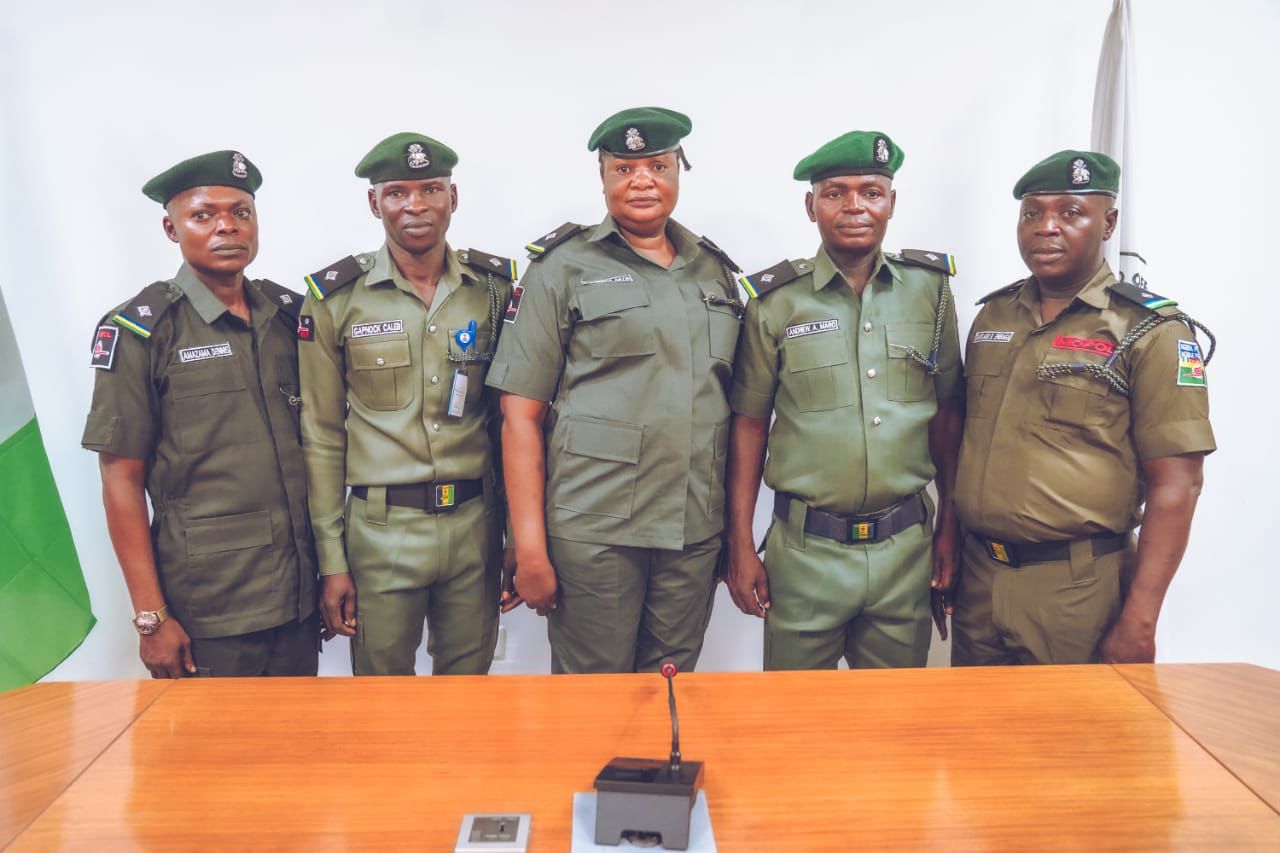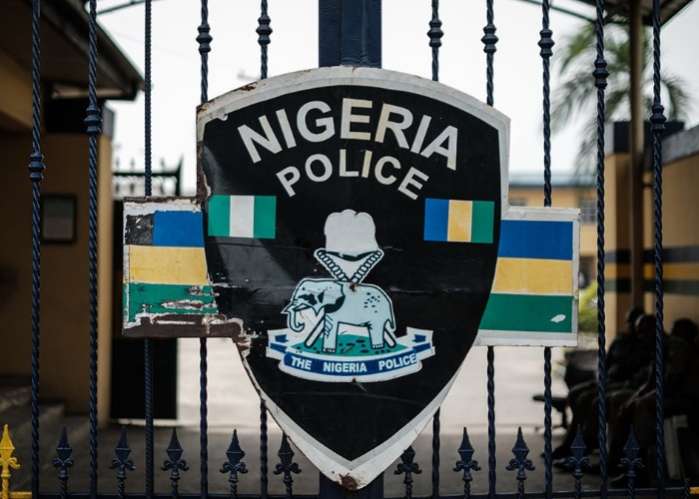
EXPOSED: How Policewoman In Anti-trafficking Unit Trafficks Young Girls To Prostitution, Others, Photos
It was a shock when information reaching us that, A female police officer, simply identified as Gloria, has been accused of trafficking young children from Akwa Ibom to Lagos State.
SaharaReporters gathered that the officer, who is of the Police Federal Highway Patrol Team, Badagry, an anti-trafficking police unit, has continually boasted of using her position to protect herself from court trial.
A mandated reporter who pleaded anonymity said Inspector Gloria has been in the business of moving underage children from Akwa Ibom to Lagos using them as ‘housemaids’ (home helps) without proper care.
The mandated reporter, who is also a police officer, said, “Inspector Gloria is a police officer who stays in Idimu mobile police barracks. She trafficks children from Akwa Ibom to Lagos to be used as housemaids.
“One of the teenagers she brought who is 13 years old is presently going through hell and if the human rights advocates don’t wade into the matter now, she may die.
“This officer has always boasted that if anything happens to the girls she maltreats, or even if they die, she will cover up the case with her influence.

“This particular 13-year-old girl, identified as Blessing, sleeps outside in the barracks. Inspector Gloria does not feed her, she tortures the girl. This girl doesn’t go to school.”
She further described the policewoman as a heartless human being, alleging that some of Inspector Gloria’s victims are used as prostitutes.
Section 11 of the Child Rights Act spells out the right to dignity of the child. It states, “Every child is entitled to respect for the dignity of his person, and accordingly, no child shall be‐ (a) subjected to physical, mental or emotional injury, abuse, neglect or maltreatment, including sexual abuse; (b) subjected to torture, inhuman or degrading treatment or punishment; (c) subjected to attacks upon his honour or reputation; or (d) held in slavery or servitude, while in the care of a parent, legal guardian or school authority or any other person or authority having the care of the child.”
Section 28 of the act was specific about issues of child labour; it is titled, “Prohibition of exploitative labour”.
It reads, “(1) Subject to this Act, no child shall be‐ (a) subjected to any forced or exploitative labour; or (b) employed to work in any capacity except where he is employed by a member of his family on light work of an agricultural, horticultural or domestic character; or (c) required, in any case, to lift, carry or move anything so heavy as to be likely to adversely affect his physical, mental, spiritual, moral or social development; or (d) employed as a domestic help outside his own home or family environment.”
Subsection (3) states that “Any person who contravenes any provision of subsection (1) or (2) of this section commits an offence and is liable on conviction to a fine not exceeding fifty thousand naira or imprisonment for a term of five years or to both such fine and imprisonment.”
Section 30 of the act prohibits the buying, selling, hiring, or otherwise dealing in children for hawking or begging for alms or prostitution, etc.
“(1) No person shall buy, sell, hire, let on hire, dispose of or obtain possession of or otherwise deal in a child. (2) A child shall not be used‐ (a) for the purpose of begging for alms, guiding beggars, prostitution, domestic or sexual labour or for any unlawful or immoral purpose; or (b) as a slave or for practices similar to slavery such as sale or trafficking of the child, debt bondage or serfdom and forced or compulsory labour; (c) for hawking of goods or services on main city streets, brothels or highways; (d) for any purpose that deprives the child of the opportunity to attend and remain in school as provided for under the Compulsory, Free Universal Basic Education Act ; (e) procured or offered for prostitution or for the production of pornography or for any pornographic performance; and (f) procured or offered for any activity in the production or trafficking of illegal drugs and any other activity relating to illicit drugs as specified in the National Drug Law Enforcement Agency Act,” it says.
Subsection (3) provides for the conviction to imprisonment for a term of ten years for any person who contravenes what is stated in the section.
